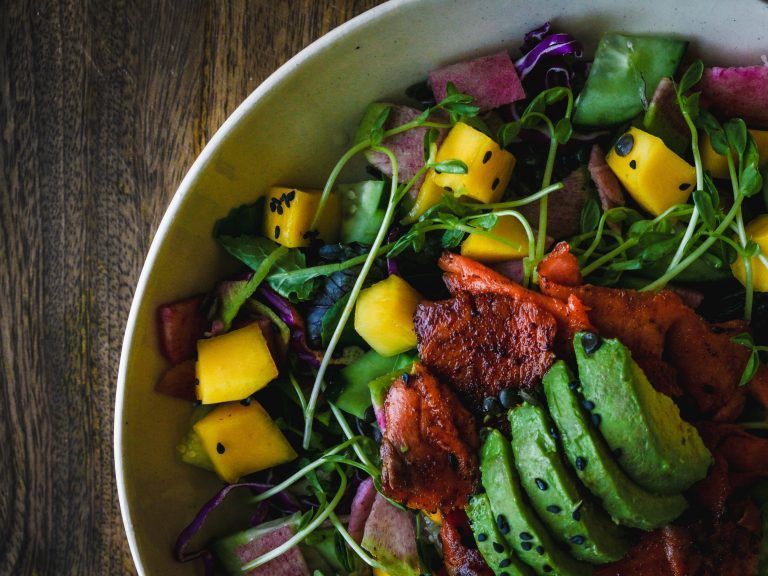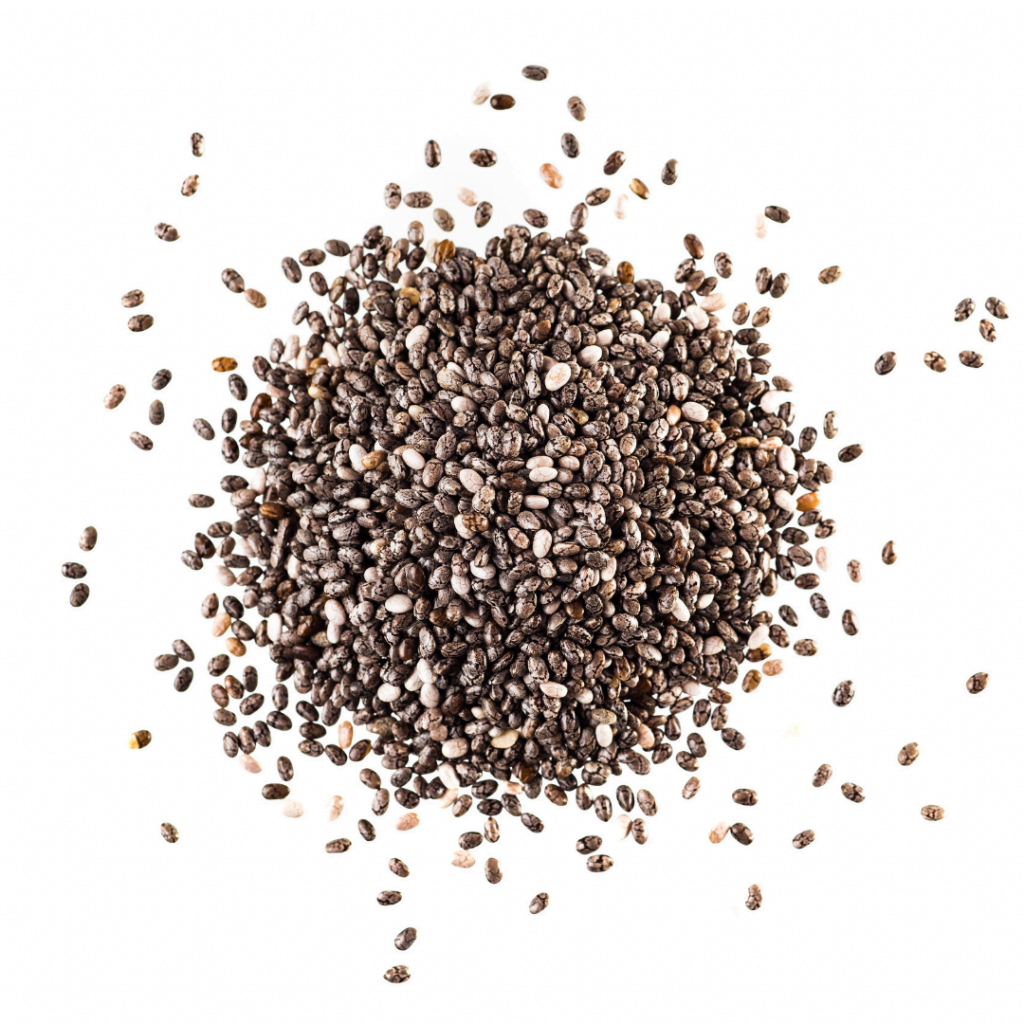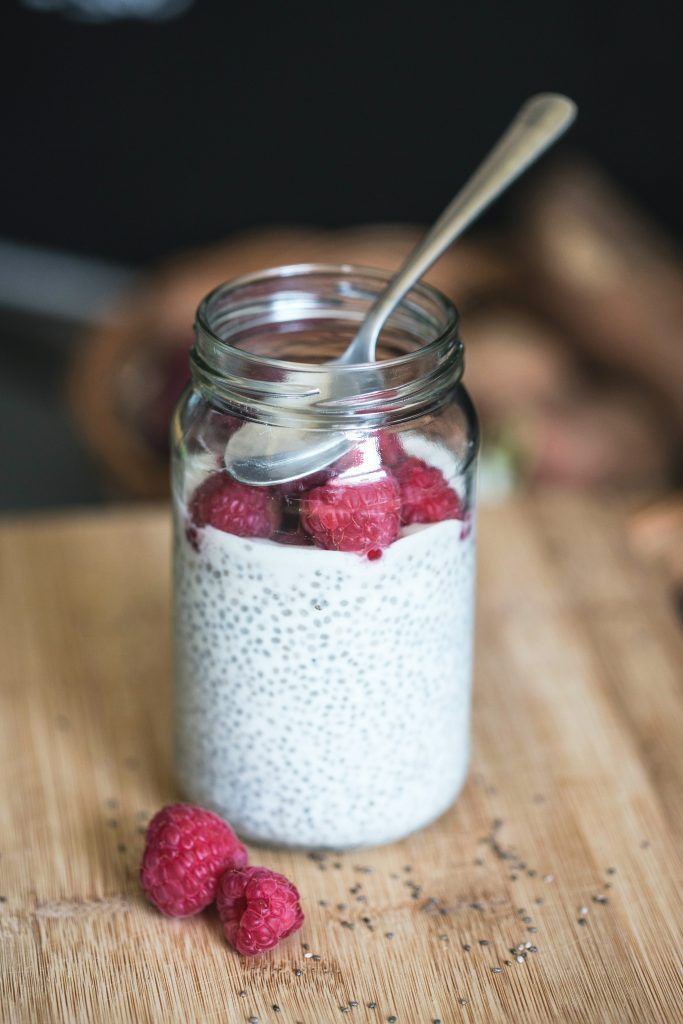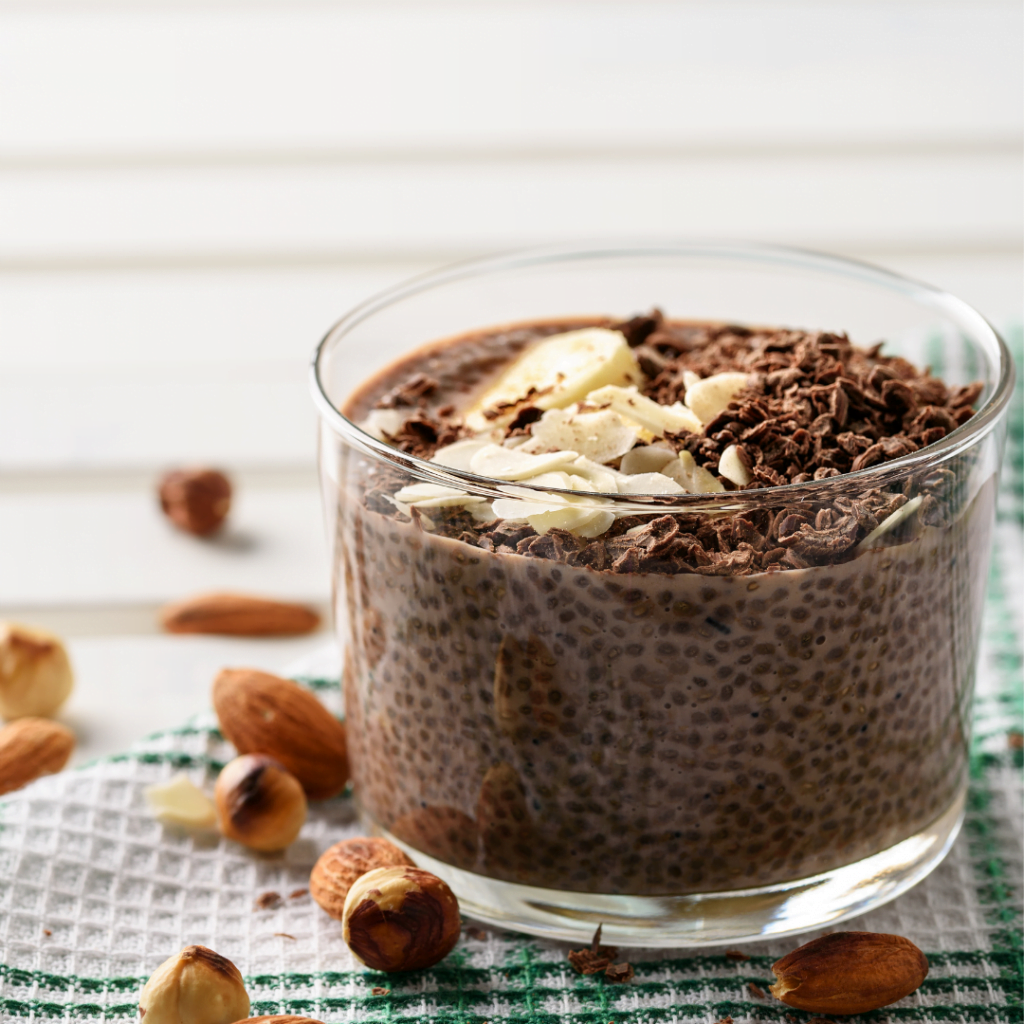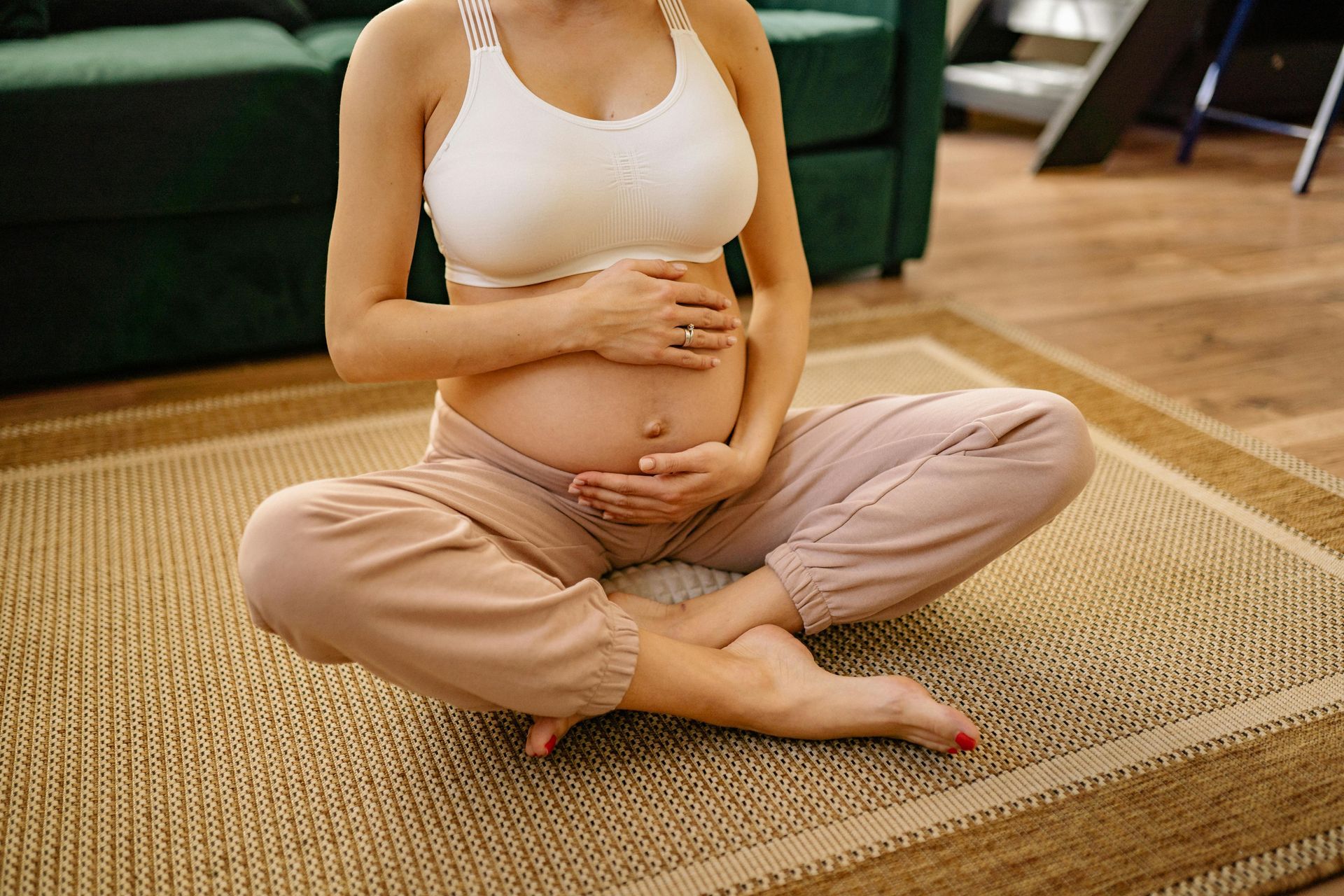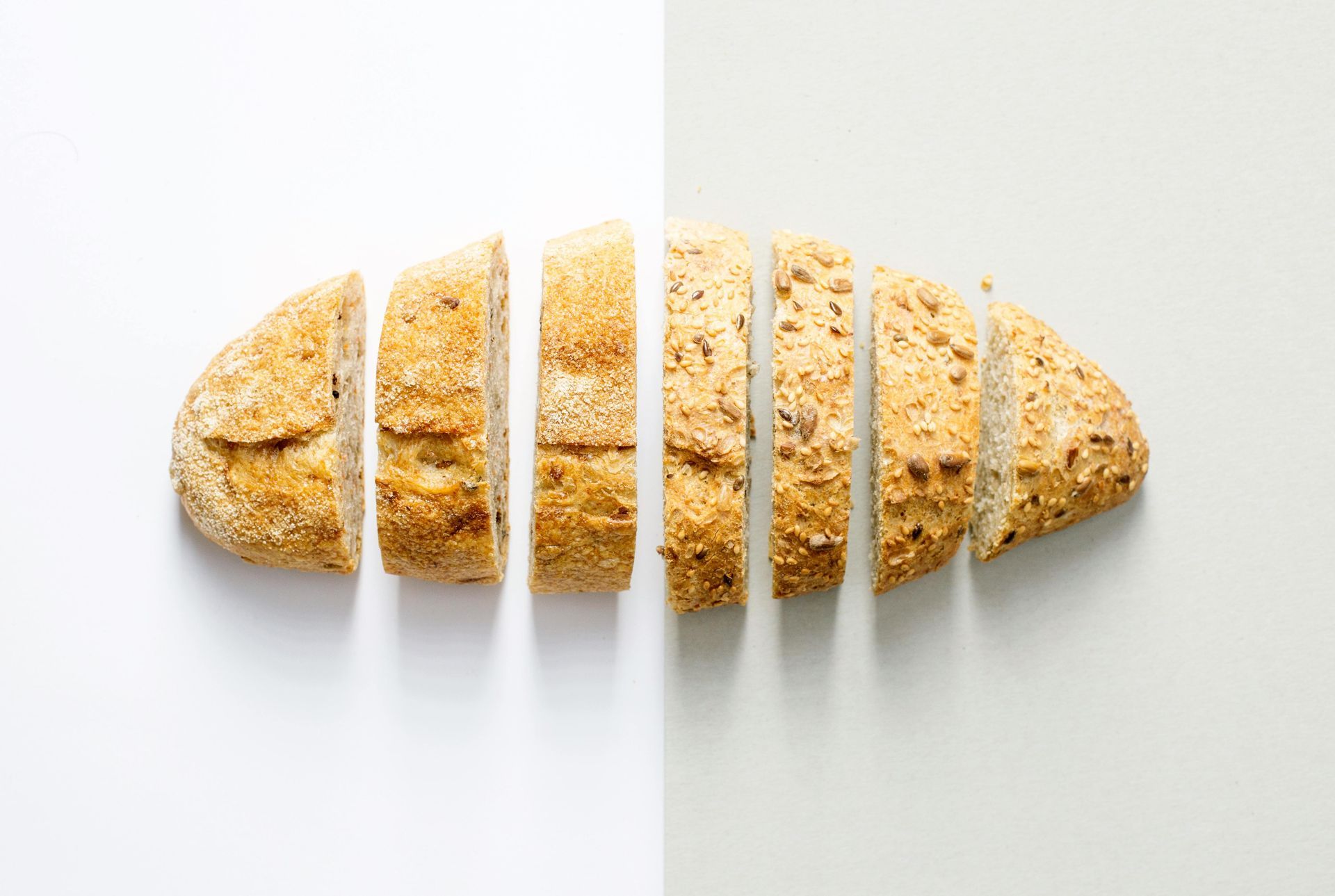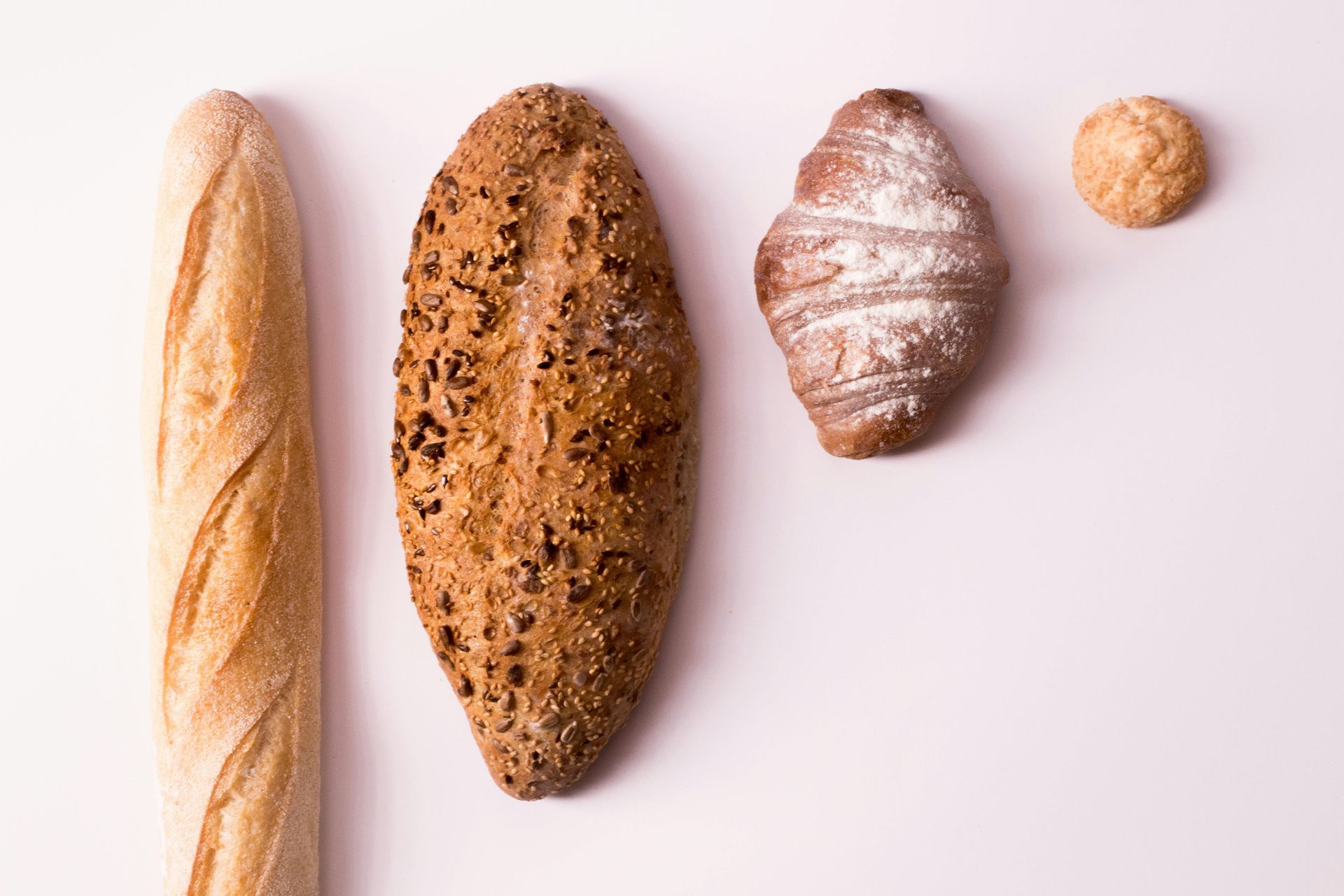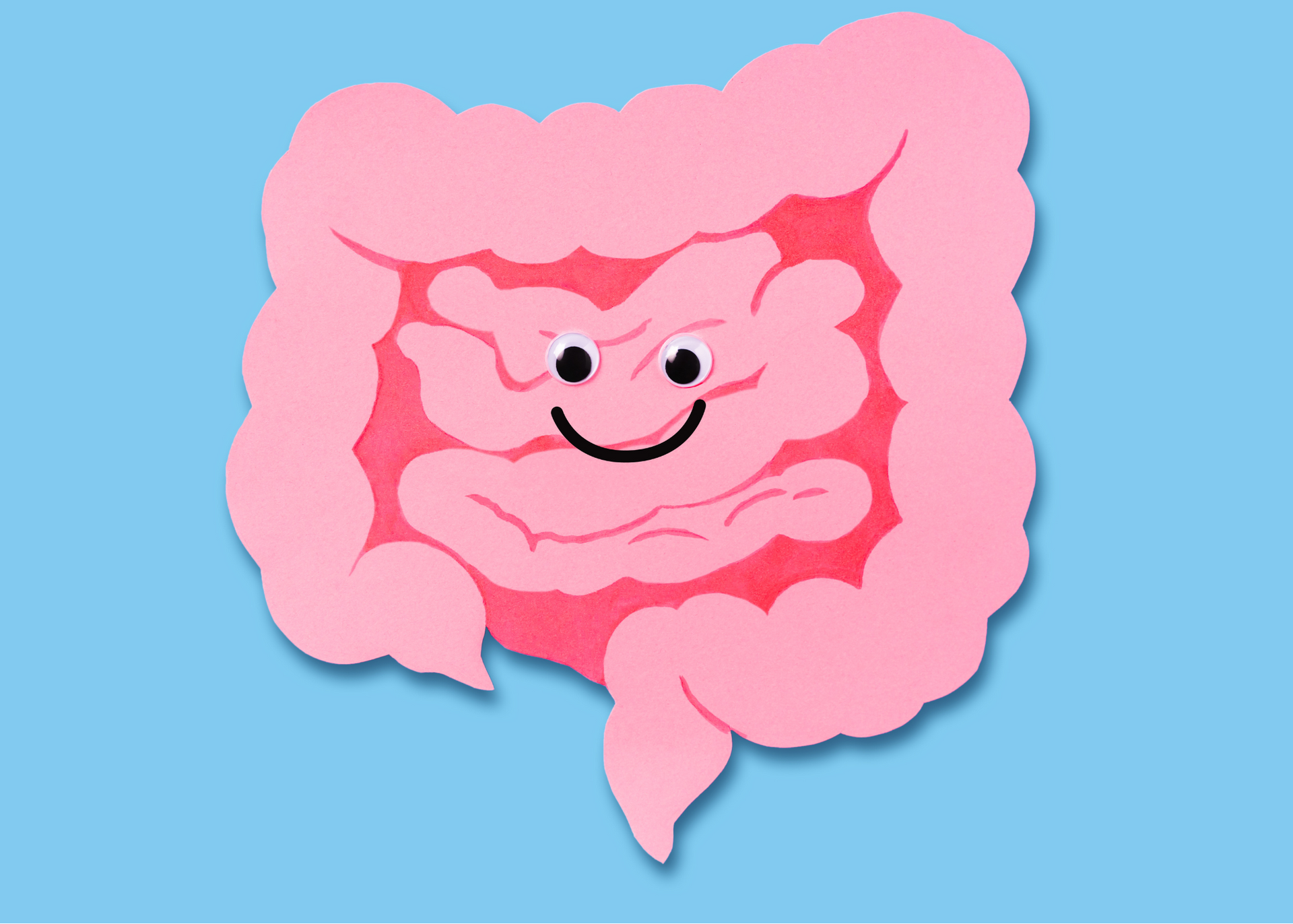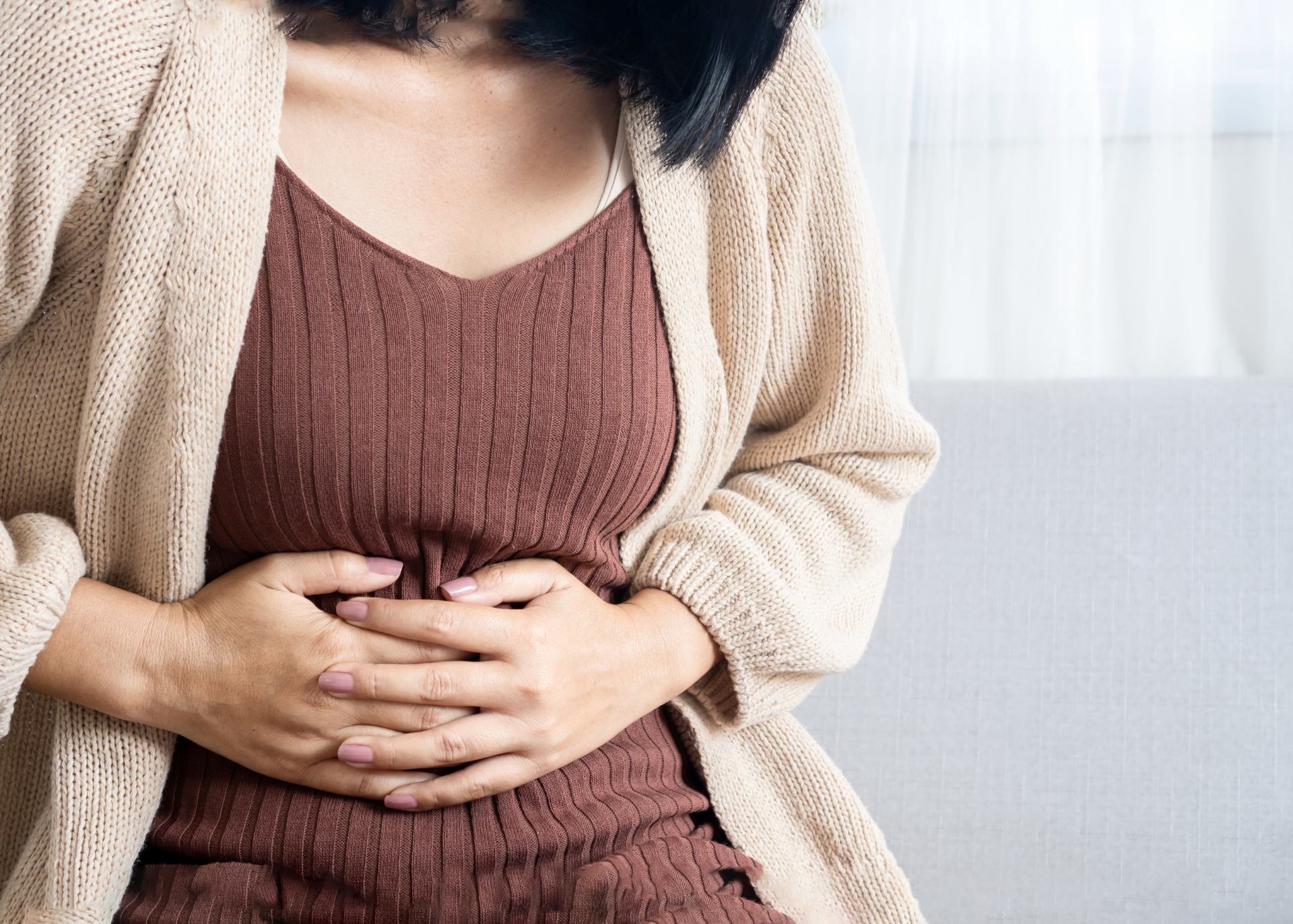Three Ingredient Chia Seed Pudding Recipe
Taylor Stolt, RDN, LD, CLT, IFNCP • January 16, 2021
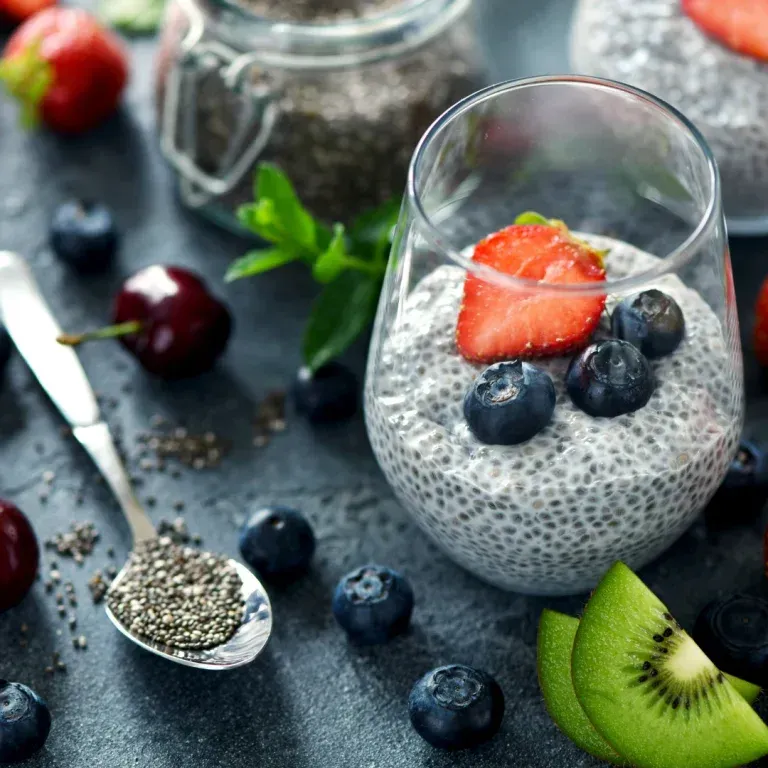
Continue Reading
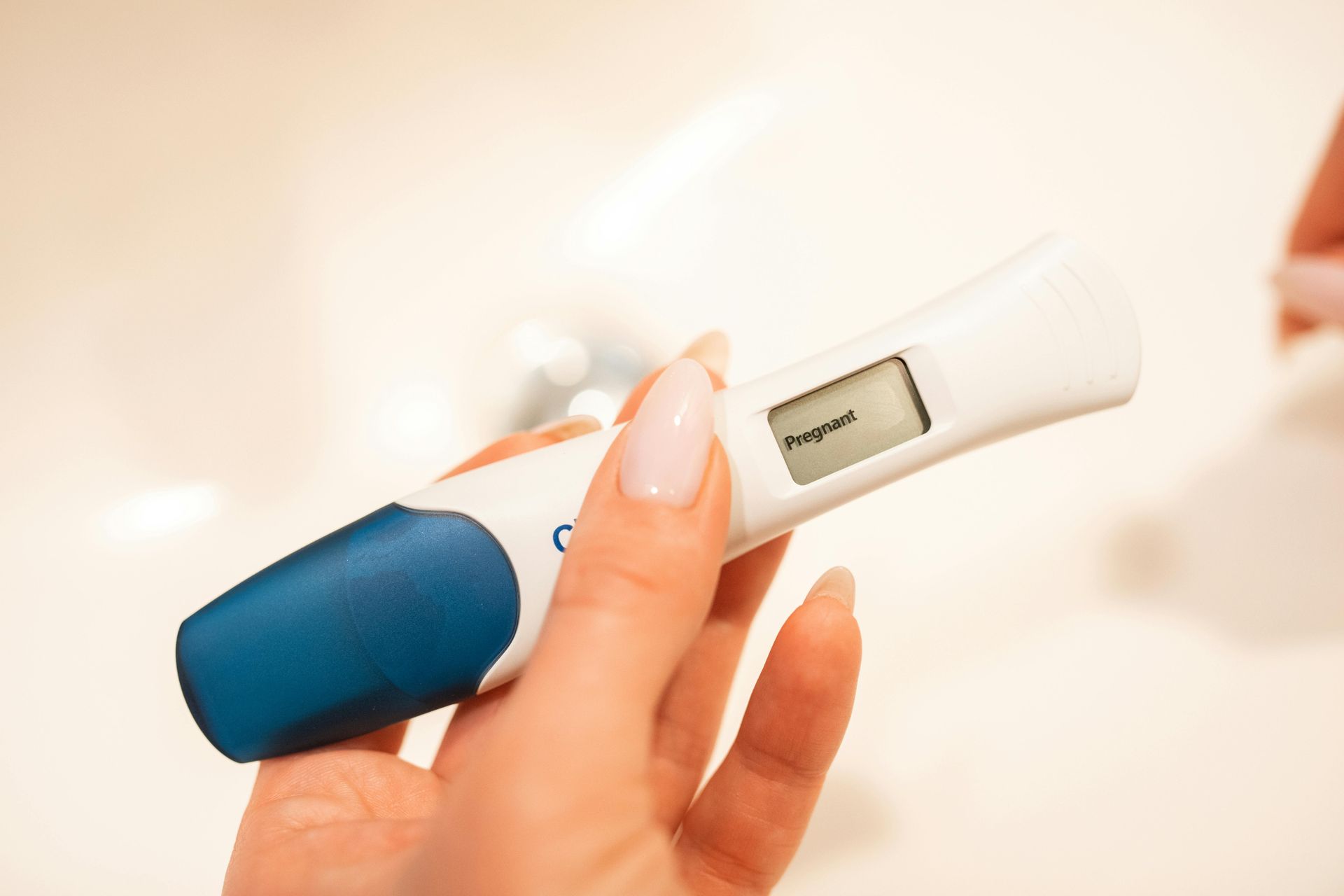
Over 110 million women worldwide are struggling with infertility. It’s estimated that as many as 25% of pregnancies end in miscarriage. 42% of Americans have turned to fertility treatments or know someone who has. I know those are depressing stats. But whether you're considering starting a family and you're fearful of infertility, or you've already had to face the pain of infertility - please know there is hope. In our virtual private practice we’ve helped many women get pregnant, even after years of infertility. While fertility is influenced by many lifestyle factors, I would argue diet has some of the biggest impact. What you eat impacts hormone balance, egg quality, ovulation , and many other aspects of your ability to get pregnant and carry your baby to term until they’re ready to enter the world. In this blog, we’ll share: - The top 9 foods to boost fertility for women - Foods to limit - Key nutrients to focus on - Practical tips for a fertility-friendly diet - FAQs about fertility and food Whether you’re in the midst of your fertility journey or just curious about nutrition’s role — welcome. Let’s dig in!

You’re dealing with constant bloating and fatigue, and after a deep dive on Google, you find a dozen "nutrition experts" offering conflicting advice. One recommends a $400 detox kit. Another says to cut all carbs. A third tells you to "just listen to your body." Who do you trust? And more importantly—who’s actually qualified to help? If you’ve ever searched for a nutrition expert, you’ve probably seen titles like Registered Dietitian (RD), Certified Nutrition Specialist (CNS), and nutritionist . But these credentials aren’t interchangeable —and knowing the difference can help you find the right expert to truly improve your health


